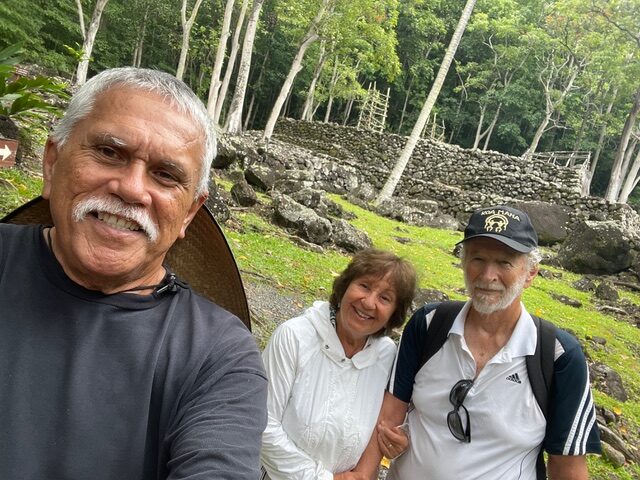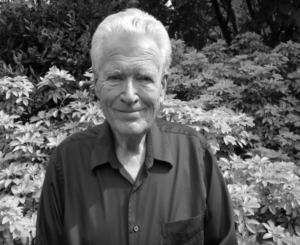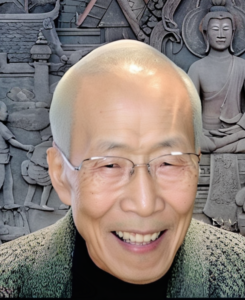Upon returning to Hawai'i, I intended to worship at the Kanenuiakea healing shrine, Kane'aki Heiau, as per my custom according to my multiple faiths. However, access was denied, as it is now restricted to members of Mauna 'Olu Estates. It is reported that no Hawaiian owners reside there.

Access to Worship at Kahe'aki Heiau Denied
--Until Further Notice!
While the United States protects property rights, it does not recognize indigenous communal property, particularly places of worship that lack legal status under U.S. law. Kane'aki Heiau, a sacred temple and shrine, was first surrounded by a homeowners' association and then claimed by it. The association now benefits from a tax deduction for preserving historic cultural property. Despite this, Hawaiians' right to access is denied and enforced by State of Hawaii property rights law.
While the United States protects property rights, it does not recognize indigenous communal property, particularly places of worship that lack legal status under U.S. law. Kane'aki Heiau, a sacred temple and shrine, was first surrounded by a homeowners' association and then claimed by it. The association now benefits from a tax deduction for preserving historic cultural property. Despite this, Hawaiians' right to access is denied and enforced by State of Hawaii property rights law.
The International Association for Religious Freedom (IARF) and Religions for Peace are investigating how to effectively protest this apparent violation of U.S. and State of Hawaii constitutional rights regarding freedom of religion. Historically, the U.S. Supreme Court has interpreted freedom of religion as belief but not worship. Will colonial attitudes against indigenous worship change to support the religious freedom to pray at an acknowledged ancient temple?

Kumu Glen Kila, George and Zizi at Kane'aki Heiau 2 years ago after climbing over locked gates. Kumu Glen is the Kahuna-nui, High Priest of Kanenuiakea, a faith with a thousand year history just on the Waianae Wahipana (west coast of Oahu).





